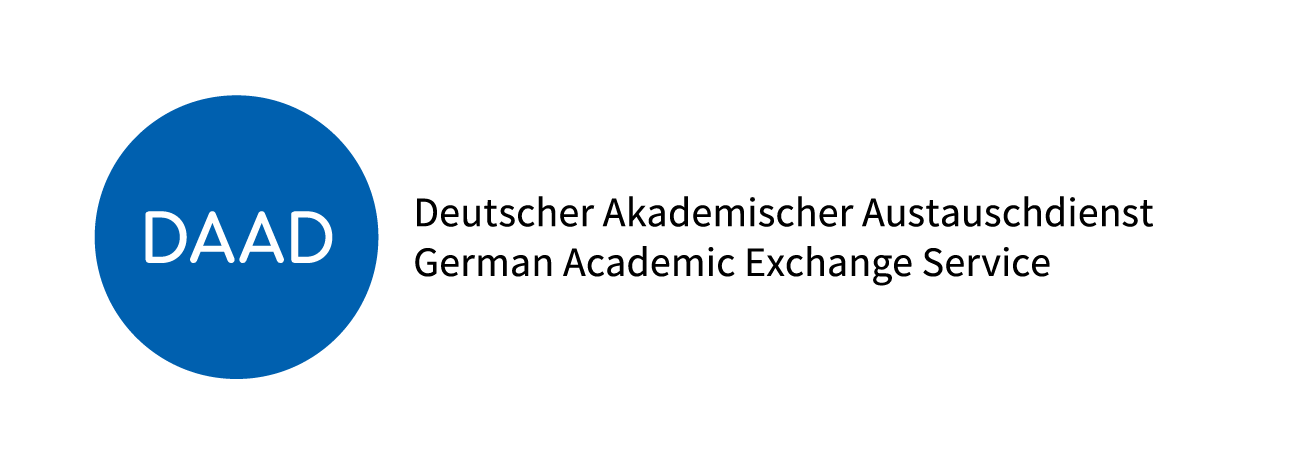
Erasmus Blended Intensive Programmes (BIP)
Explanation
Blended Intensive Programs (BIP) are a form of mobility that consists of a virtual component and a face-to-face teaching phase. The attendance phase usually lasts 5 days. During the virtual unit, which you are free to choose, theoretical knowledge is taught, the project week is prepared and the group gets to know each other online. We recommend a short, compact virtual phase shortly before the start of the face-to-face phase. This way, students can book the trip directly and it is easier to commit them to participating.
During the attendance week, the specific teaching content is implemented in project form, if possible with exciting excursions and rounded off with a (leisure) program to present the university and the university location Darmstadt/Dieburg. Students receive at least 3 ECTS credits for successful participation in both teaching components. BIPs are open to all learning cycles (BA/MA/PhD) and can be part of the universities' curricula or complement them by creating a new event - this is at the discretion of the organizing department.
Three or more Erasmus partner universities take part in a BIP and develop the teaching unit together. The h_da professors choose their partners independently. BIPs are therefore also an ideal opportunity to expand the international network.
In this constellation, the universities fulfill different roles. Depending on the respective objective, h_da can participate in a BIP in the following ways:
1. Co-organization of the h_da of a BIP and travel of a student group
to the inviting partner university during the attendance phase.
2. H_da hosts a BIP and is the main organizer of the BIP in
Darmstadt.
3. Student mobility: students take part in a BIP at a partner university.
A minimum of 15 mobile participants from the partner universities must attend in order for the event to receive "BIP" status and the associated financial support. If the h_da is the host, the International Office applies for funds from the EU, currently amounting to 6,000 euros, for the organization, which is taken care of by the relevant department. The funds can be used to cover the costs of student assistants, hospitality, excursions, entrance fees, etc.
The traveling participants are supported with Erasmus funds from the respective home university. As the h_da participants are already on site, they do not receive any financial support. If h_da sends students, the number of participating students is max. 10.
Goals
- Inclusion: Target groups for whom a regular semester abroad is not possible or difficult to realize, e.g. for financial or health reasons, also take part in a BIP.
- Creating an incentive: Students can already participate in a BIP in their first year of study and are thus encouraged to take part in a semester exchange at a later date.
- Flexibility: The brevity of a BIP and the combination of face-to-face and virtual phases makes it easy to overcome differences in the academic calendars of universities.
- Personal growth: Participants develop their digital skills in a targeted manner.
- Increasing mobility figures: BIP as a strategic tool to increase mobilities and raise the international profile of h_da and the city of Darmstadt as a university location.
- Hands-on-learning: New type of mobility fits in with the project-oriented approach of a HAW.
Responsibilities
Task of the International Office of h_da: Providing information on this form of mobility. In addition, supervision of outgoings and incomings, conclusion of contracts with the cooperating universities, administration of funds and support of the departments in the organization of the BIPs by providing a basic framework.
The main responsibility for recruiting participants and cooperating partner universities lies with the organizing professors - as does the conception and implementation of the entire programme content.
Financial Support
Status as of September 2024: The department hosting receives 6,000 euros in OS funds. In general, the budget varies depending on the application and approval situation by NA-DAAD. The amount of funds that can be paid out to the departments can fluctuate in different project years.
Overview of financial support for participants.
National Agency DAAD
Detailed information and support regarding the Erasmus+ mobility actions are provided by the
German Academic Exchange Service (DAAD)
National Agency for EU university cooperation
Kennedyallee 50
53115 Bonn
eu.daad.de

Kontakt
Katharina Niederhacke
Erasmus+ mobilities (short-term & non-European)
+49.6151.533-60661
erasmus-bip@h-da.de
erasmus-global@h-da.de
Office: C23, 02.11

